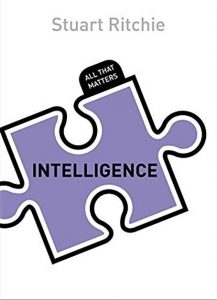
My students phub me during class a lot. It’s annoying to me and, likely, counterproductive for them: Ravizza et al. (2016) tracked non-academic use of the internet in university classrooms and found that (taraaa!) “nonacademic Internet use was common among students who brought laptops to class and was inversely related to class performance” (r = -.25, between time online and exam performance) even controlling for a number of things like intelligence and motivation/interest. So what can we do about it?
I’ve let my students know about the movement to stop phubbing (it hurts!) and Ravizza et al.’s findings – hoping they will make the right choice on their own. A new app, Hold, takes a different, less subtle approach: Pay students NOT to look at their cell phones – students get points for time on campus without using their phone (points that can be used to get movie tickets, discounts, etc.). I’m very curious to see reports of long term effects of such approaches based solely on extrinsic motivation… If we do this at university, does this imply that employers will need to start giving out boni to workers for not using their smartphones on the job?
See here for a newspaper article about the new app in the NZZ (in German).



